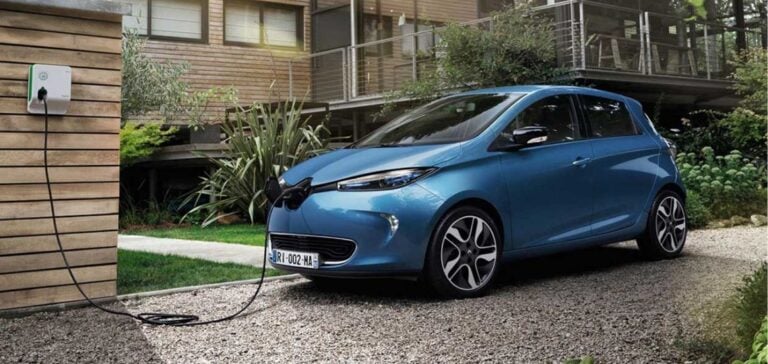The development of electric mobility in France is taking place against a backdrop of energy transition and the search for sustainable solutions.
Enedis, the operator of the public distribution network, recently published two reports in collaboration with the BVA institute.
The aim of these studies is to analyze the mobility and recharging behavior of electric and plug-in hybrid vehicle users, both private and professional.
For the fifth year running, Enedis is taking a closer look at drivers’ habits, this time extending its survey to corporate fleets, a rapidly expanding sector.
The survey results reveal general satisfaction among electric vehicle users.
Indeed, 91% of private individuals express a positive experience, while 84% of professionals with access to corporate fleets share a similar opinion.
Perceived benefits include financial savings, reduced environmental impact and ease of use.
Concerns remain, however, particularly with regard to vehicle autonomy over long distances, an aspect that remains a brake for some users.
Driving behavior and recharging
The average distance travelled daily by electric vehicle users has increased significantly.
For private users, this distance now stands at 62 km, an increase of 15 km on the previous year.
Business users, meanwhile, travel an average of 69 km per day.
This trend reflects the growing integration of electric vehicles into French mobility habits.
As far as charging is concerned, the majority of private customers (86%) prefer to charge at home.
However, apartment dwellers, who account for a smaller proportion of electric vehicle owners, benefit from collective charging solutions, facilitating their access to this technology.
Public charging stations are also used, albeit less frequently, with only 12% of private individuals using them at least once a week.
This figure rises to 33% for apartment dwellers, who make greater use of charging points located in public parking lots or shops.
Charging infrastructure and corporate practices
Businesses play a key role in the adoption of electric mobility.
Some 84% of companies with parking lots have installed charging points for electric vehicles.
This infrastructure is generally sufficient to meet employees’ recharging needs in 95% of cases.
For companies without dedicated parking, employees turn to alternative solutions, such as private parking lots or recharging at home.
What’s more, a third of companies allow their employees to recharge their personal vehicles on company premises, demonstrating a willingness to encourage the use of electric vehicles.
Despite these advances, the practice of controlling recharging is still not widespread.
Currently, only 32% of electric vehicle users claim to use control devices to optimize their charging.
Among companies, only 20% adopt this approach.
The main motivations for those who choose to pilot their charging include reducing electricity costs.
Control methods include time-shifting charging to take advantage of favorable tariffs, adjusting charging power to reduce energy demand, and optimizing self-consumption for users of photovoltaic panels.
Future prospects
The growth of electric mobility in France brings with it both challenges and opportunities.
The results of Enedis studies underline the importance of adequate charging infrastructure and increased awareness of charging control practices.
As demand for electric vehicles continues to grow, it is essential to adapt infrastructure and services to meet users’ needs.
Businesses, in particular, have a crucial role to play in this transition, by integrating recharging solutions into their day-to-day operations.
The future prospects for electric mobility in France look promising, but require close collaboration between public and private players.
Optimizing charging infrastructures and encouraging driving practices could contribute to a wider adoption of electric vehicles.
Ultimately, the transition to more sustainable mobility depends on the ability of businesses and individuals to adapt to these new technologies and take advantage of them to improve their daily lives.






















